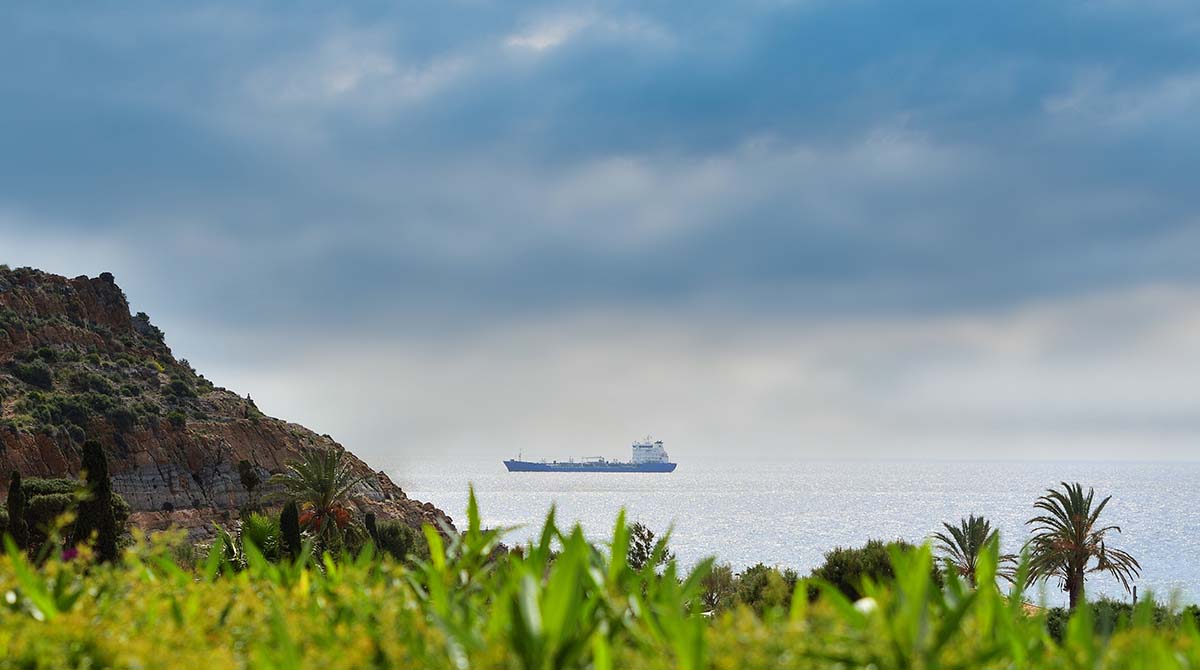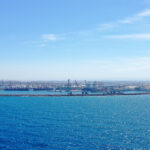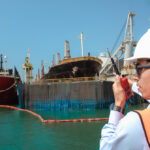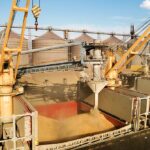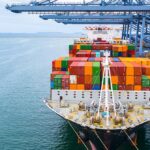The IMO (International Maritime Organization) regulates air pollution from ships under MARPOL Annex VI. This annex sets maximum emission limits for sulfur oxides (SOx), nitrogen oxides (NOx), and particulate matter. Since 1 January 2020, a global limit on the sulfur content in marine fuel has been in effect, reduced from 3.50% to 0.50% m/m. Certain zones, known as Emission Control Areas (ECAs), enforce even stricter limits, allowing a maximum of 0.10% sulfur in fuel.
An overview of these areas, including the ECAs, can be found via this link.
Differences in International Enforcement
As of 1 May 2025, the Mediterranean Sea has been added to the list of ECAs. Additionally, MEPC 82 has designated the Canadian Arctic region and the Norwegian Sea as new ECAs. Not all countries enforce the sulfur limits for marine fuel, as some have not ratified MARPOL Annex VI. An up-to-date list of countries that have ratified this annex is available here.
In countries that have not ratified MARPOL Annex VI, we advise shipowners to consult local regulations and/or the flag state’s requirements to determine applicable sulfur limits.
Fuel Changeover Required within ECAs
Ships must flush their fuel systems and switch to fuel with a maximum sulfur content of 0.10% before entering an ECA. This process requires specific calculations, taking into account the volume of the fuel system, the sulfur content of the fuels used, and current consumption rates. The details of the fuel changeover—including quantities, date, time, and location—must be carefully registered and documented in the logbook. Ships may only switch back to fuel with a higher sulfur content after exiting the ECA.
Use of Scrubbers
In many ECAs, ships may use scrubbers to comply with the IMO 2020 sulfur regulations. Scrubbers remove sulfur from exhaust gases using wash water, making it possible to use higher-sulfur fuel, provided the scrubber is operated and maintained in accordance with IMO guidelines. Scrubbers can operate in open-loop mode (discharging wash water directly into the sea) or closed-loop mode (where wash water is treated and reused). Since regulations vary by country, we strongly advise our Members to always check local requirements carefully.
We continuously keep our members of course informed of any developments. Should you require advice in the meantime, please don’t hesitate to contact the NNPC claims team at claims@nnpc.nl.

